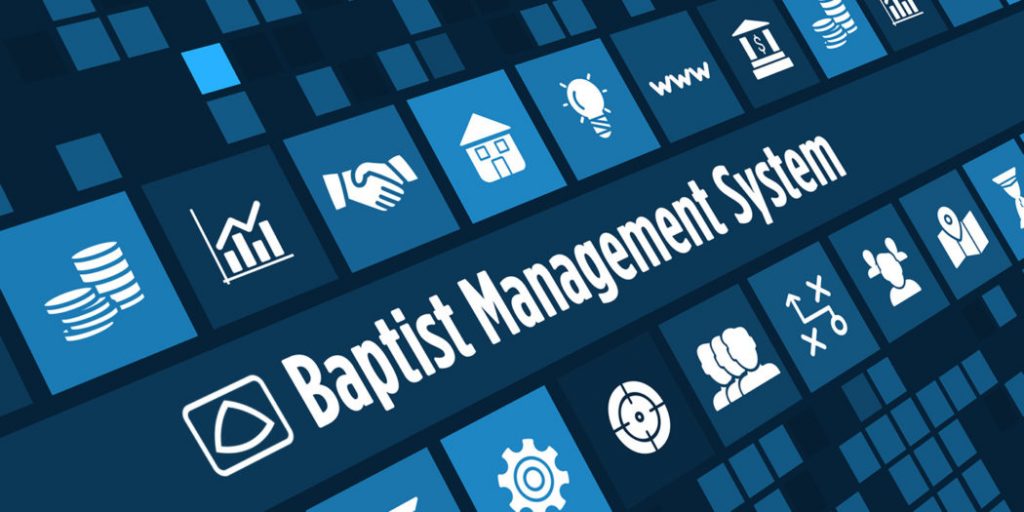The Baptist Management System (BMS) is a holistic approach using LEAN methodology for managing purpose, people and process. BMS cares about the purpose, how to improve the process, and developing people to improve the process.
As chief improvement officer, Skip Steward spends most of his time on the road, traveling around the Baptist system. His name has become synonymous with the words “Baptist Management System” or BMS for short.
His mission may feel a little mysterious for those team members not directly involved with BMS. So, what exactly is BMS?
Quite simply, it’s a system for transforming the way people work to really effect positive process change. Working with team members across the system, Skip helps various entities construct a Management System. A system is not various independent parts and tools. A system is a whole that cannot be divided into independent parts. Because the parts interact, the properties of the system are the product of the interactions of its parts, not the parts taken separately. Some of the various parts that folks have heard about are Strategic Deployment (SD), Training Within Industry (TWI), A3 thinking, Kata, etc. The various improvement endeavors are focused on making improvement in the areas of Right Care, Right Time, Right Place, and Right Cost.
“We are encouraging people to think about the 3Ps (purpose, people and process) in a new way. We’re not trying to add tasks to the way people do their jobs; we’re trying to change how they do their jobs. From an operational and business perspective, it’s not about adding things to peoples’ shoulders –you have enough to do – the question is how we go about doing that work,” said Skip.
Skip spends time in many administrative and clinical settings, talking to team members about their obstacles, issues and ideas.
BMS uses the LEAN methodology, which originated from the Toyota production system. LEAN is a holistic approach focused on 3Ps; creating and setting standards—then working to make them part of a standard behavior.
“To do that, introduce Training Within Industry (TWI), which is one of the many building blocks to LEAN or the Baptist Management System (BMS). For example, if you’re a nurse expert, and you and others outline the best way to draw blood, Training Within Industry (TWI) can help you create a standard behavior among multiple people. Many people throughout our system are participating in it, and we’re seeing success.”
Baptist Management System (BMS) also relies on and encourages direct observation. A Japanese term, Gemba, can often be heard peppered through BMS conversations. It means to understand a problem requires direct observation—or going to the place where work is happening.
And that’s exactly what Skip is busy doing: Working throughout the system to make Baptist a better place for team members and patients.
Stay tuned for more stories about BMS.
Learn the BMS Lingo
LEAN – A methodology
GEMBA – A Japanese word meaning the actual place where work occurs. If you want to understand an issue or problem, you must conduct direct observation, or “go to the Gemba.”
TWI – Training Within Industry is an element of LEAN; it’s a specific method of training to spark continuous improvements and collaborative training within teams.
3Ps – Purpose, people and process






